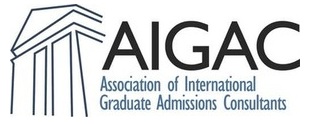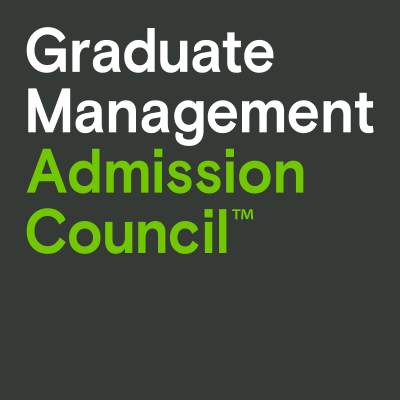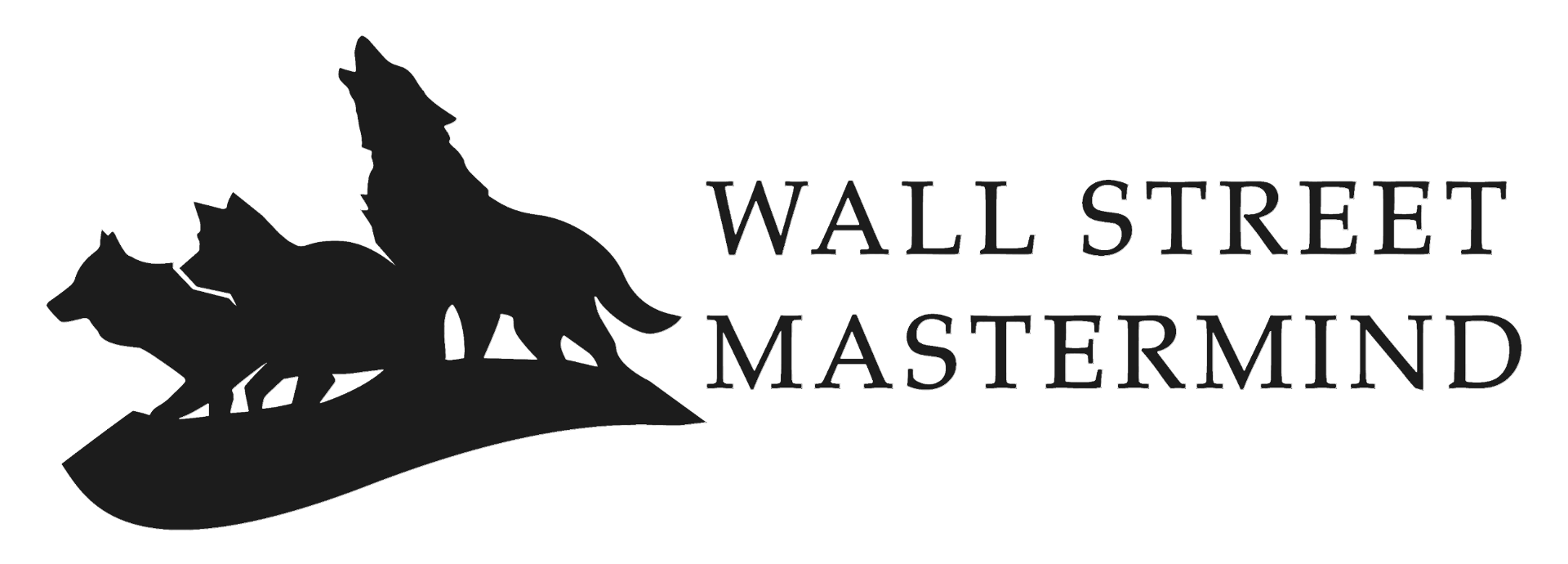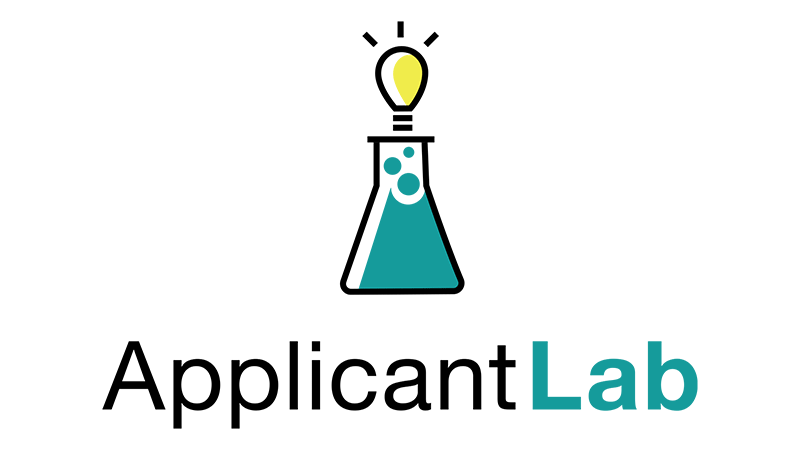Six steps we recommend to all applicants:
1. Identify Your Priorities
Spend time thinking about what you want and need in a consultant:
- Are you deciding when to apply for graduate school?
- Are you deciding what to study?
- Do you need feedback on your profile?
- Do you need help picking which graduate programs to apply to?
- Are you considering joint or dual degree programs?
- Are you an older candidate and deciding whether you should apply for an MBA or EMBA?
- Are you a college junior or senior and deciding between applying for a deferred MBA, pre-experience MBA, or Masters in Management?
- Are you unsure about how to express yourself in your applications?
- Is there a particular weakness in your profile that you need help overcoming?
Think about these issues and decide how important each one is to you. Also, ask prior applicants how their consultant helped them.
2. Research the Field
Gather information on prospective consultants. Most consultants have digital footprints via websites, blogs, videos, books, blogs, LinkedIn and other social media. What do they know best and care about most? You can find our AIGAC member’s blogs here↗.
Once you have identified consultants you want to contact, use introductory sessions to get to know the individual you might be working with. See who resonates with you.
Finally, be sure to evaluate different consulting models to find the one that best matches your needs and work style. Are you seeking an hourly, specialized, or comprehensive service? What is the scope of work for the consultant you are evaluating?
3. Check Consultant Results
Do you have a “dream” school or schools? See if a consultant has worked with applicants who have been admitted to those school(s). If they haven’t, it doesn’t necessarily mean that you can’t work successfully together. Keep in mind that most consultant’s admissions results are “self-reported.”
Read reviews that past candidates have posted, paying particular attention to factors that matter most to you. Or, you might also consider using your personal or LinkedIn network to see which of your trusted contacts might have worked with a particular consultant.
4. Find Your Fit
Approach the process, as you would look for a doctor, attorney, or accountant. What kind of personality, demeanor, and communication style do you hope your consultant demonstrates in your interactions? Do you want direct, unfiltered feedback, or are you hoping for someone to ease you gently through the process?
Also, be mindful of how consultants speak of themselves and their peers; AIGAC prides itself on cultivating an environment of collaboration, not competition, and this extends to every consultant’s efforts to help you find the fit that works best for you.
5. Ask Questions
You’re about to begin a high-trust relationship with someone expected to help you with a major life goal. It is certainly appropriate – and encouraged – to ask questions. Don’t be shy!
Here are some suggested questions you might consider asking before hiring an admissions consultant.
- When did you start getting paid to help applicants and how many have you helped?
- How have you continued to develop professionally?
- How many clients do you expect to take this year?
- How many have you already taken?
- When talking to a firm with multiple consultants: Who would be working with me? Can I talk to that person before I pay you?
- Have you helped someone like me get where I am trying to go?
- Based on my profile, what is your assessment of my school selection?
- Do you think there are other schools that I should be considering?
- How can you add value to my applications?
- What are your results and experience with my target schools?
- What is your experience working in an admissions office?
- What is your level of recent engagement with schools?
- What schools have you visited?
- What are your consulting methods? Can you give me an idea of how the whole process would work and how we would interact?
- What is your availability?
- What is your turnaround time for reviewing documents?
- How have you managed the tight deadlines in the past?
- Do you work independently, with a team of people, or with junior editing staff?
- How long would it take to prepare X (number) applications comprehensively?
- For how many years have you been consulting to applicants?
- What differentiates you from other consultants?
- For what types of graduate programs do you typically consult? What is your area of expertise?
- What are your criteria for selecting which clients to work with?
- How long have you been an AIGAC member and in what ways have you grown as a consultant through AIGAC?
- For applicants with extenuating circumstances, such as a prolonged period of unemployment or low GPA, to explain: Have you helped people in my situation?
- For applicants with an international background applying to a school outside of their home region: How much experience do you have working with international applicants? Have you worked with people from my country or part of the world before?
- For older applicants: How much experience do you have working with older candidates applying to MBA, EMBA, and mid-career residential MBA programs?
- If you are reapplying: How much experience do you have working with re-applicants?
6. Browse the AIGAC Member Directory
We encourage you to look through our member directory↗ to identify a few professionals with whom you might want to set up an initial consultation. Follow these six steps, and you will be we
From our directory, you can browse member profiles, search for specific qualifications, and contact consultants.





